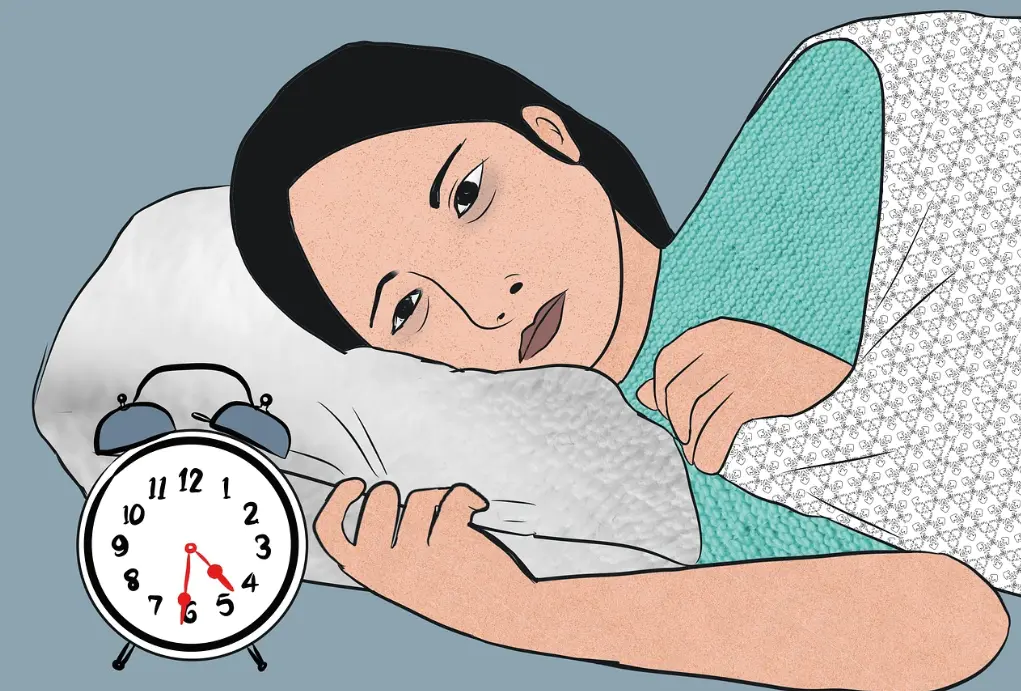As we age, changes in vision become more common, but many people remain unaware of the potential eye diseases that could be affecting their eyesight. These conditions not only jeopardize vision, increasing the risk of blindness and vision loss, but they can also lead to other serious health issues like falls, fractures, mental health challenges, and social isolation. Vision impairment can severely diminish your overall quality of life, making it essential to take proactive steps in protecting your eye health. Fortunately, many conditions that could result in vision loss are preventable or treatable, which is why regular eye exams are key.
Why Should You Get an Eye Exam?
You might not notice gradual changes in your vision until they become significant. Eye diseases can develop silently, often without early symptoms. By the time vision changes become noticeable, the condition may have progressed too far to treat effectively. Regular eye exams are crucial as they help detect eye diseases early, enabling you to take preventive measures or receive timely treatment to preserve your vision. Scheduling an eye exam every year or two helps monitor eye health and ensures your vision remains intact for longer. Here are several conditions that an eye exam can uncover:
Glaucoma
Glaucoma refers to a group of eye conditions that cause damage to the optic nerve, leading to potential vision loss and blindness. One of the challenges with glaucoma is that it usually develops without obvious symptoms in its early stages, often going unnoticed until it becomes more severe. Regular eye exams, including a comprehensive dilated eye exam, are essential for detecting glaucoma early, allowing for treatment to prevent further damage. Although there is no cure for glaucoma, early intervention can help maintain clear vision for a longer time.
Age-Related Macular Degeneration (AMD)
AMD affects the macula, the central part of the retina responsible for sharp vision. It's one of the leading causes of vision loss in individuals over the age of 50. Lifestyle factors, such as diet, smoking, and weight, can contribute to the development of AMD. During an eye exam, your eye doctor may use an Amsler grid to assess any distortions or blurry spots in your central vision. Retinal scans may also be performed to create detailed images of your macula. Detecting AMD early allows for treatments that can slow its progression and help preserve vision.
Cataracts
Cataracts cause clouding of the lens in the eye, leading to blurry vision, difficulty seeing in low light, and increased sensitivity to glare. During an eye exam, your doctor may dilate your eyes to inspect your lenses and identify any clouding. Cataracts are particularly common as we age, but they can be treated through surgery to restore vision. Early intervention may involve corrective lenses, and your doctor may recommend limiting sun exposure, which can increase cataract risk. Wearing sunglasses can protect your eyes and the surrounding skin from UV damage.
Dry Eye Syndrome
Dry eye syndrome occurs when the eyes don't produce enough tears, or the tears produced are of poor quality. It can cause discomfort, including irritation, burning, and a sensation of something being stuck in your eye. Dry eye can be exacerbated by insufficient blinking or age-related changes, but it can also be a chronic condition. During an eye exam, your doctor can measure the volume, quality, and production speed of your tears to diagnose dry eye. This condition can sometimes be linked to other serious health issues, such as lupus or vitamin A deficiency. An eye exam can help identify such underlying conditions early, improving your chances for effective treatment.
The Importance of Early Detection
Many eye diseases, if detected early, can be managed effectively to slow or prevent further vision loss. Regular eye exams are essential for identifying these conditions before they worsen, allowing for timely treatment and preserving your quality of life. Make sure to schedule regular visits with your eye care professional to ensure that your eyes remain healthy and your vision stays sharp for years to come.
Recent
See All2025-08-09
8 Powerful Strategies to Sharpen Your Brain for Success
2025-08-09
Navigating Life: Embrace the Journey and Let Go of Control
2025-08-09
Embrace Health & Fitness Goals That Last!
2025-08-09
Mastering Emotional Management: Practical Strategies for Emotional Regulation
2025-08-09
Simple and Effective Tips for Overcoming Insomnia
2025-08-09
Is That Mole Something You Should Really Worry About?
2025-08-09
7 Essential Tips for Maintaining Healthy Joints
2025-08-09
How Exercise Can Boost Your Mood and Reduce Stress
2025-08-09
Coach or Mentor: Which One Do You Really Need?
2025-08-09
Is Stress Impacting Your Weight? Strategies for Cultivating a Positive Attitude for Weight Management
Newsletter
Get life tips delivered directly to your inbox!












